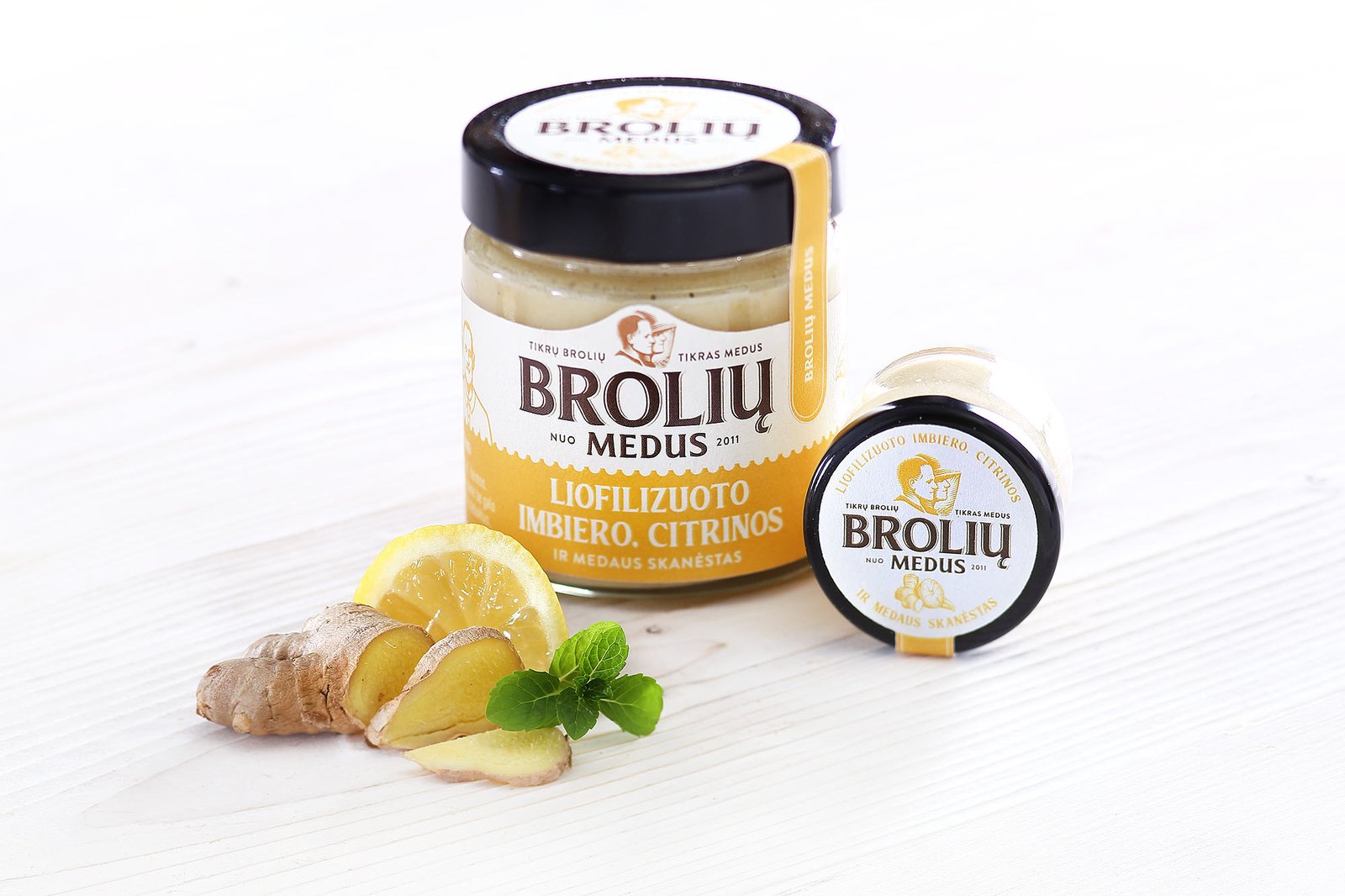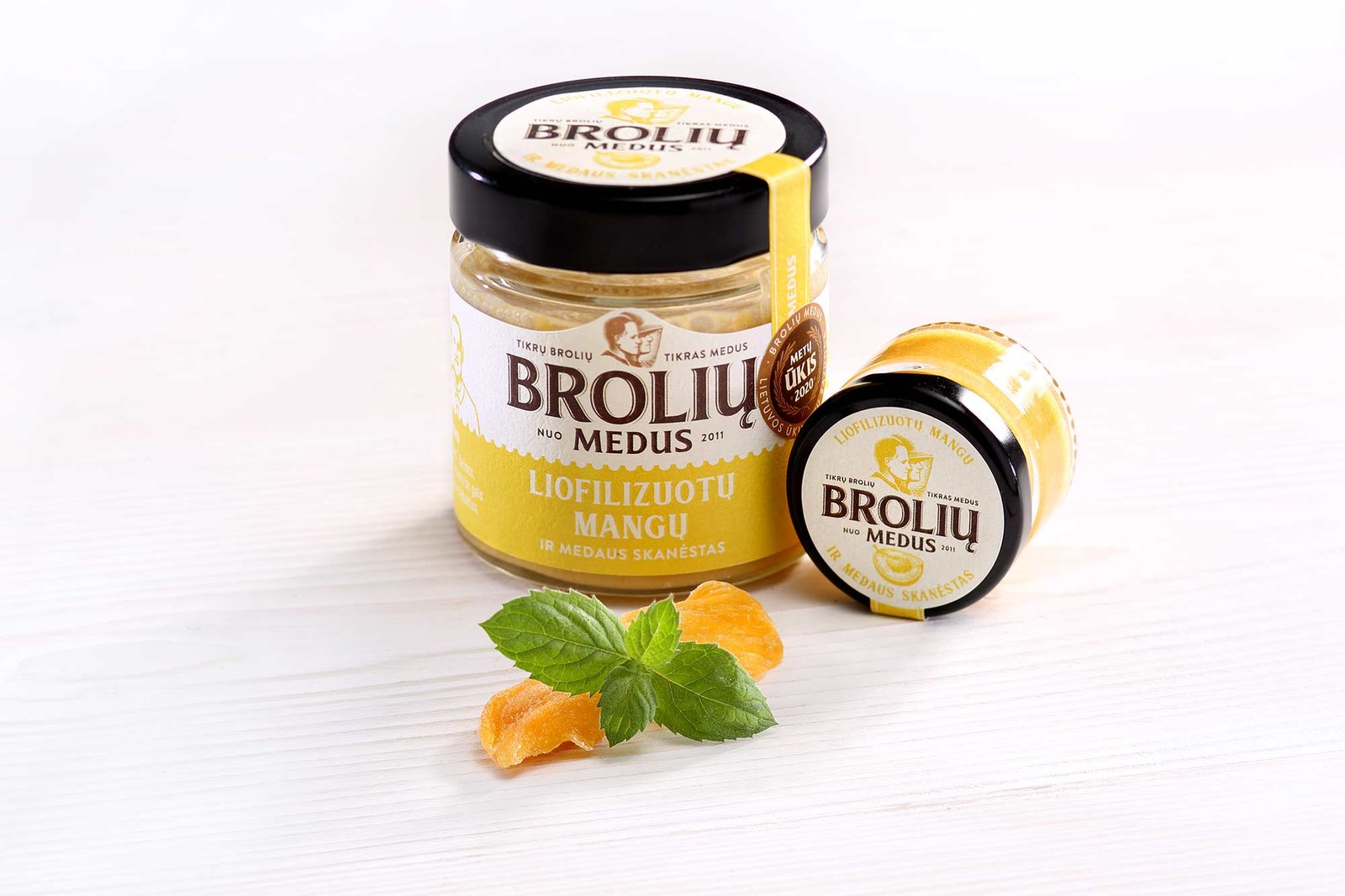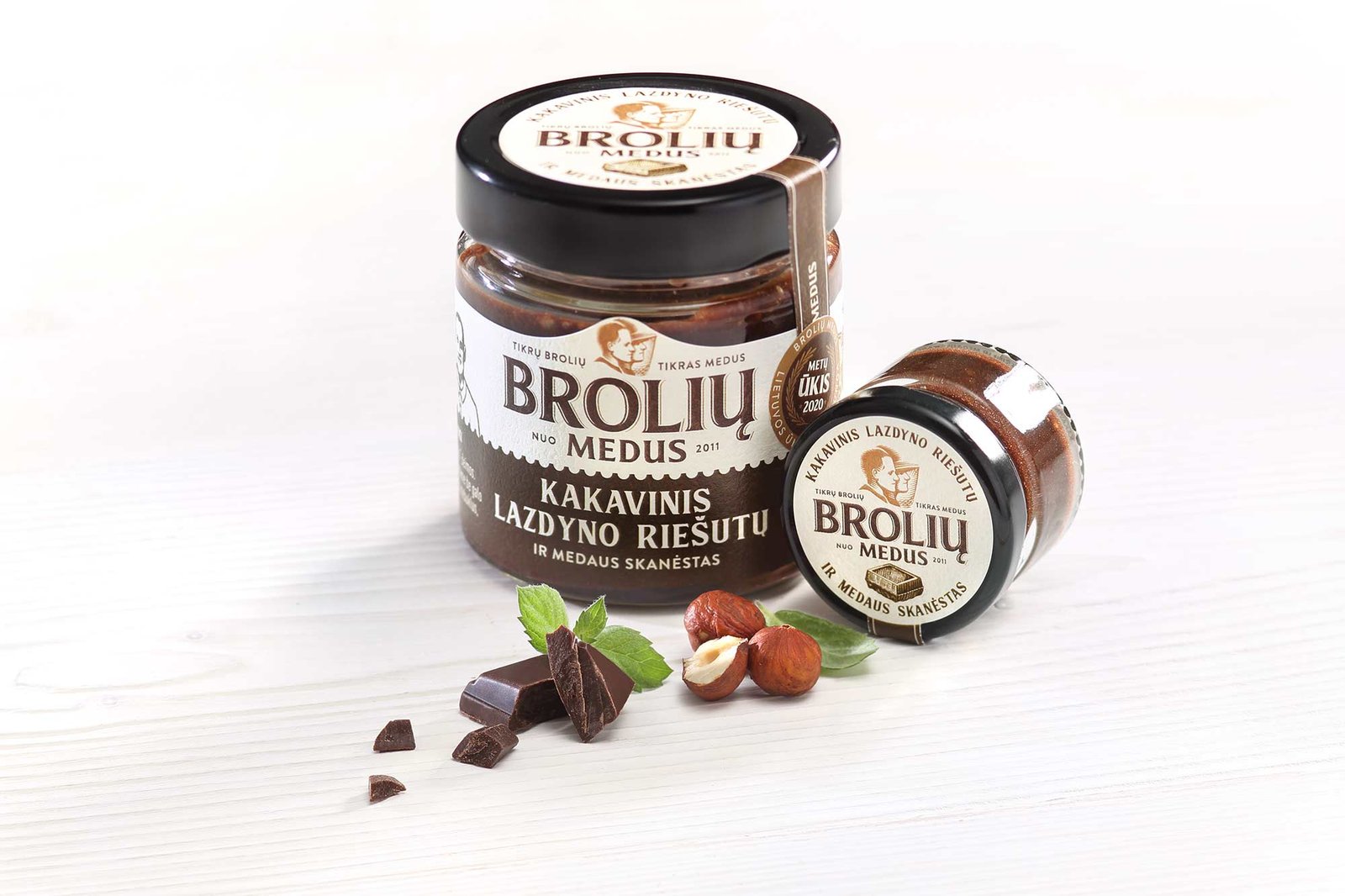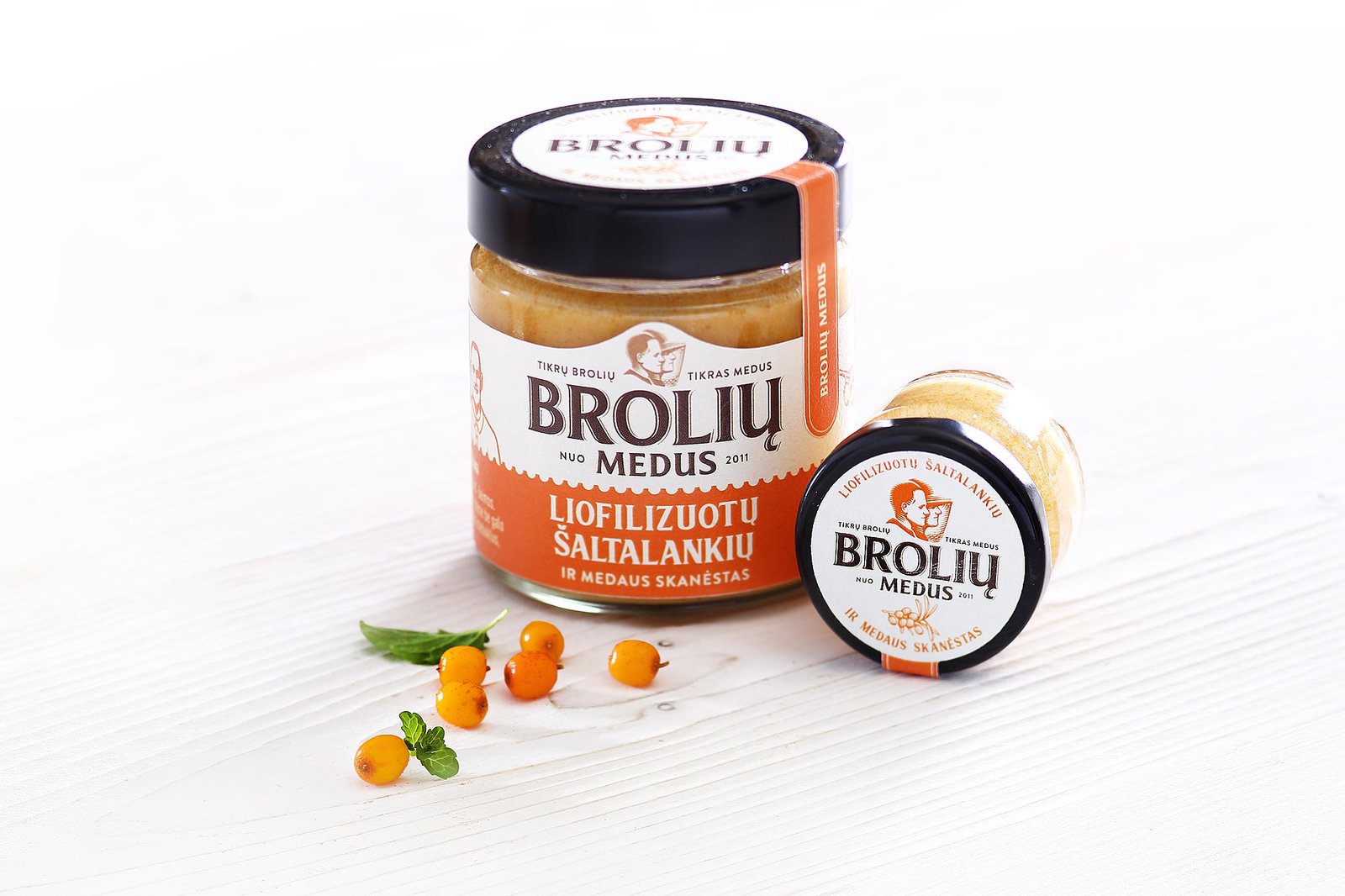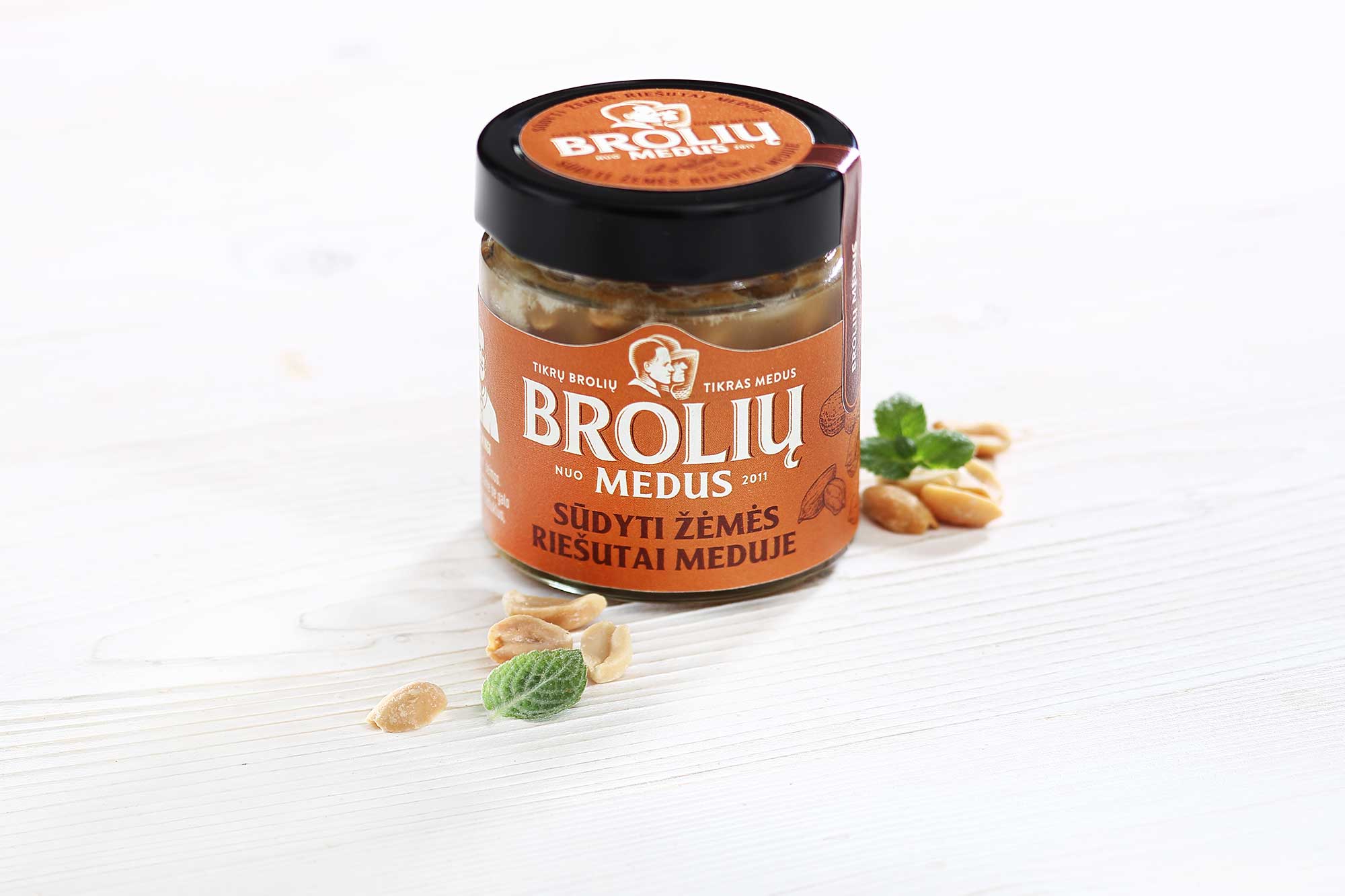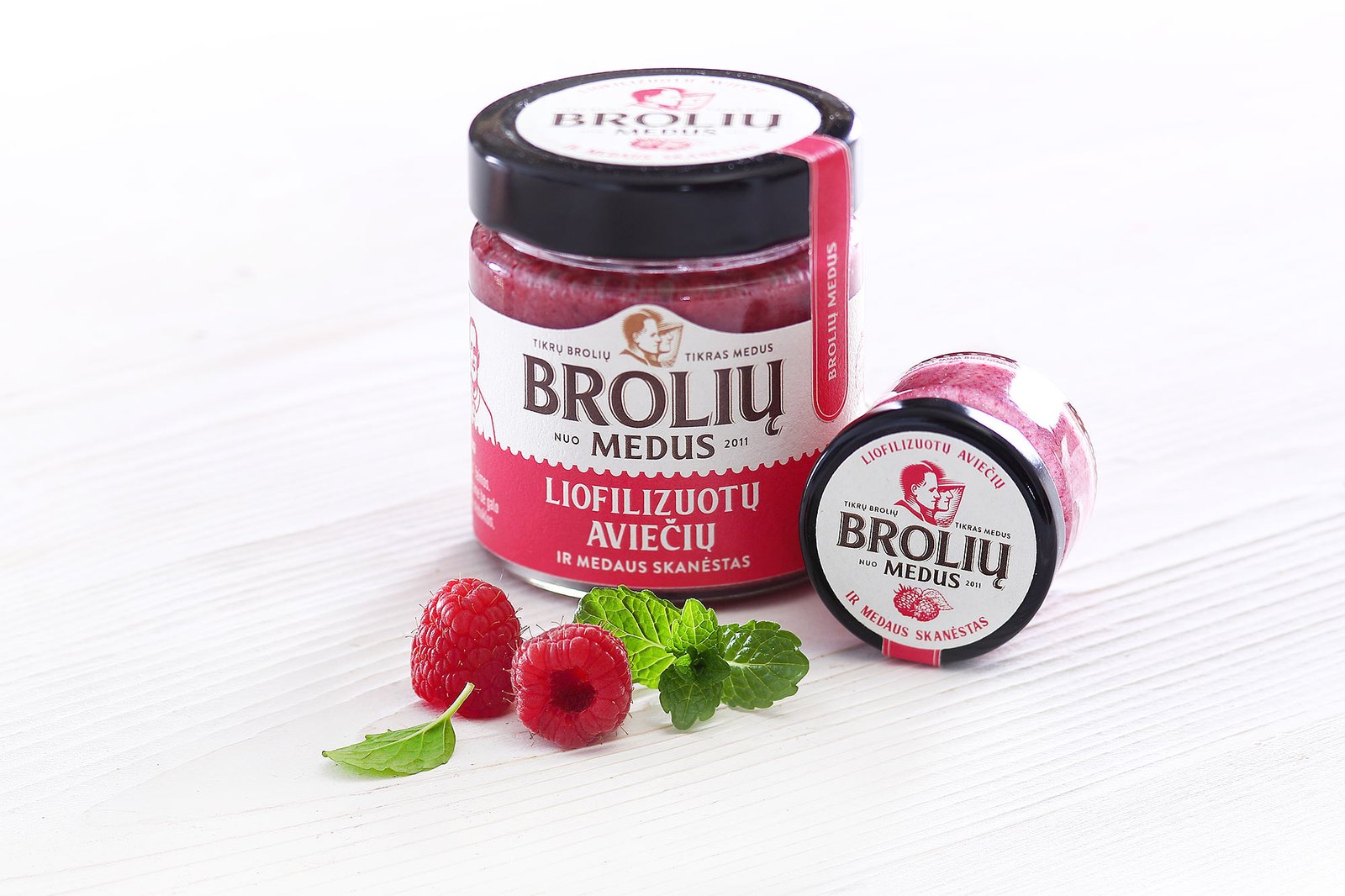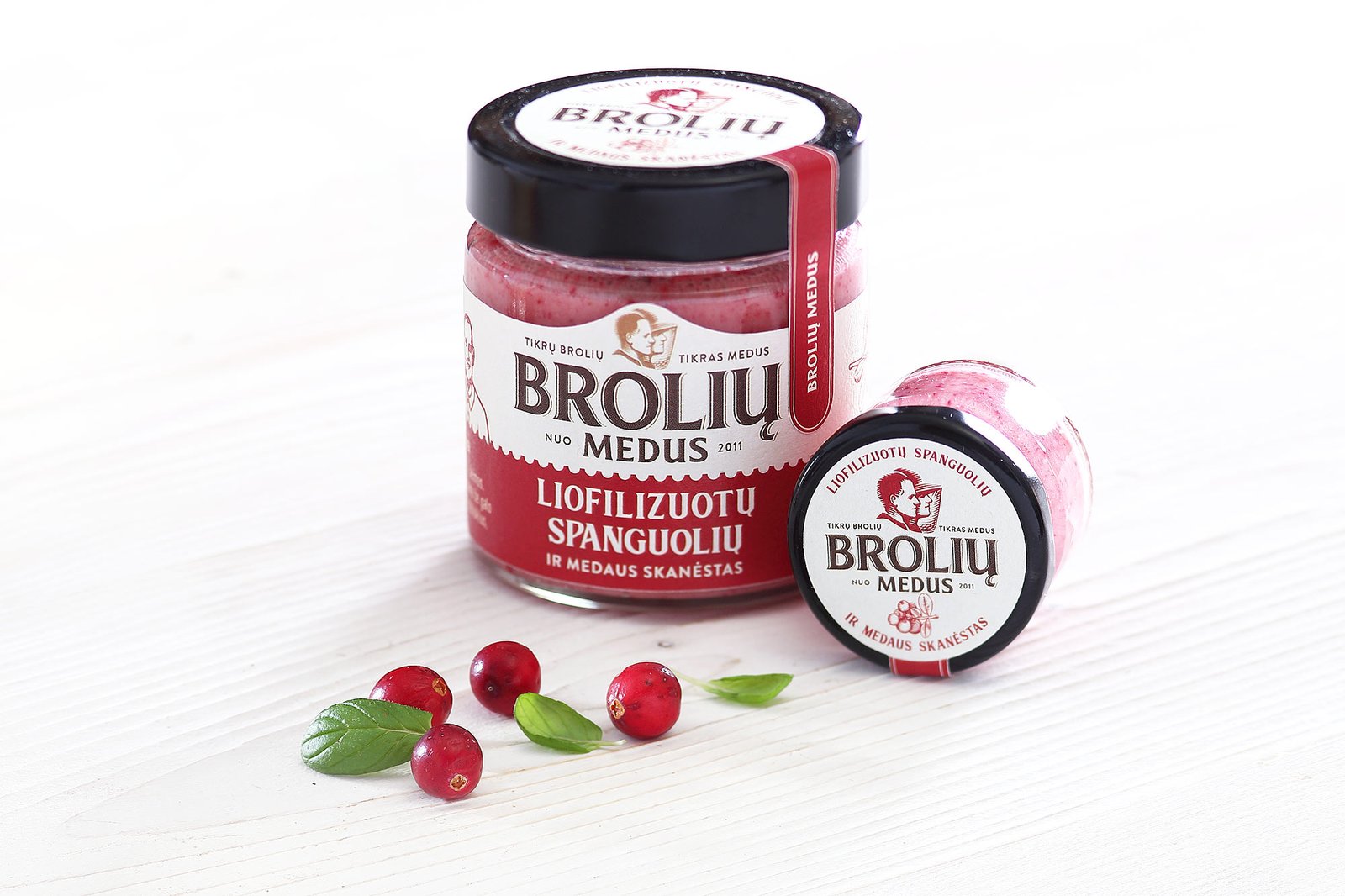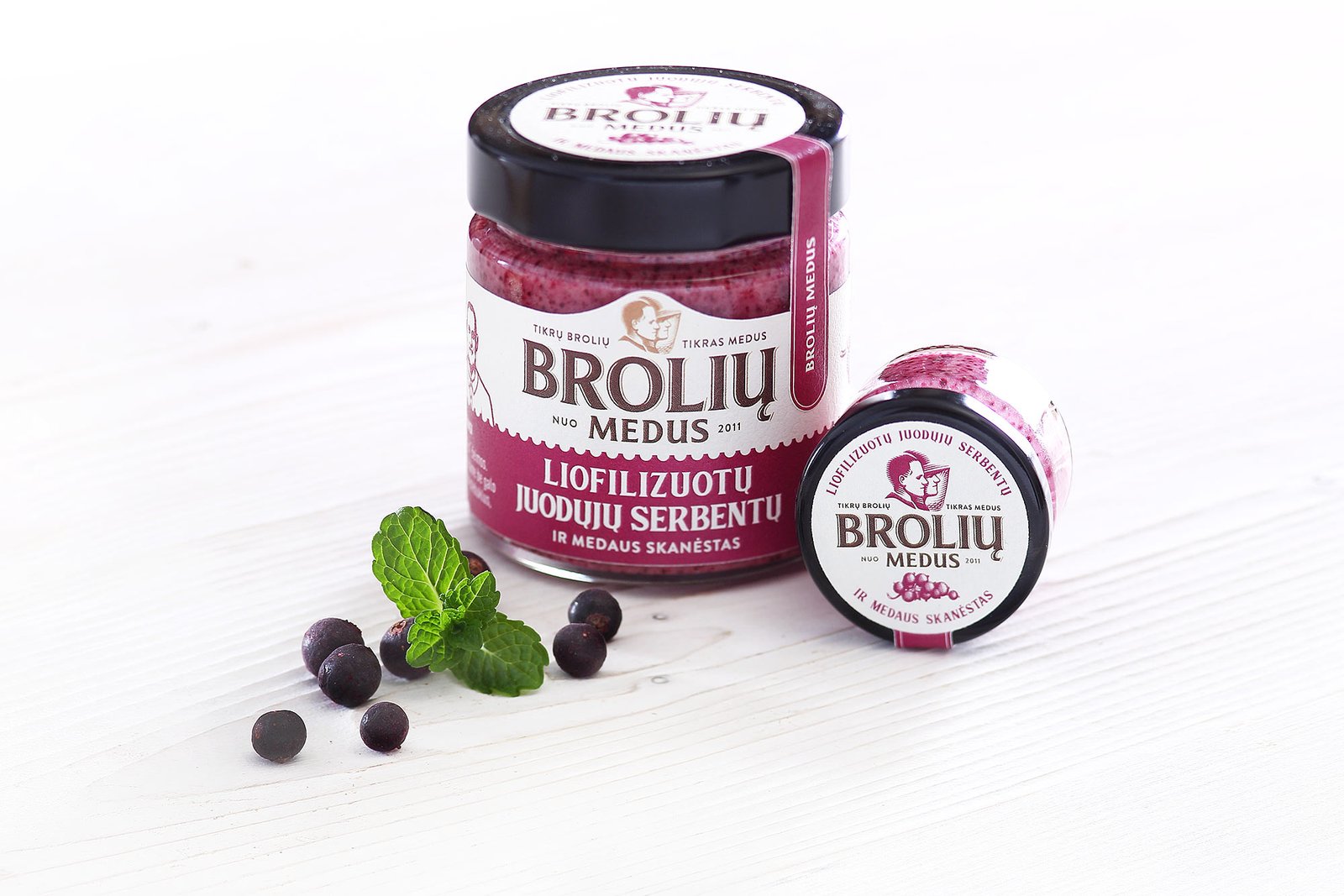Blog
Benefits of honey for the human body
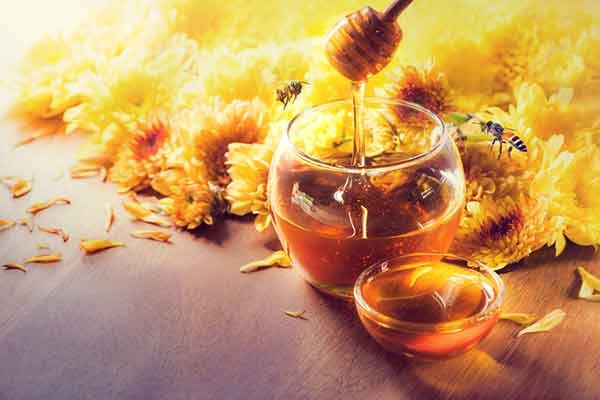
The benefits of honey for the human body have long been known. Even the pyramids of Egypt have been found to contain honey, proving how important it is to many cultures. As more and more scientists are starting to study honey, we would like to present what we have learned about its benefits.
What is honey?
Honey - is plant nectar processed by bees. Although it is said that bees carry honey, they actually carry nectar, which they then mix with their own saliva and then air, thicken, ripen and even ferment in their honeycomb. Honey is thus an example of bees and plants working beautifully together. Plants attract bees and reward them with nectar so that they can pollinate them and spread and reproduce. The nectar collected from these plants determines the composition of honey. Most popular in Lithuania types of honey: linden, spring honey (oilseed rape, orchards), mouse via buckwheat honey.
Benefits of honey for the human body
As it is almost the only food bees eat, it naturally contains all the nutrients needed to sustain life, which is why honey has a wide range of health-giving properties.
Antioxidant effect
Antioxidants, in this case honey, fight the effects of free radicals. Free radicals are by-products of cellular processes that are able to penetrate and damage cells. They are also responsible for shortening the length of telomeres (our genetic material found in chromosomes). This process is one of the main drivers of ageing. So by inactivating free radicals, honey stops the ageing process and cell damage.
Antimicrobial effects
The greatest antimicrobial effect of honey has been observed due to the enzymatic oxidation of glucose, which has a disinfectant effect. Honey also contains hydrogen peroxide, which is a property that many of us have experienced in the treatment of our wounds. Honey helps to stop the growth of various fungi, viruses and bacteria by providing an extremely unfavourable environment (the pH of honey is acidic (~3.2 - 4.5), which micro-organisms do not like). The bactericidal effect has been observed in about 60 different bacterial species. Some of the most frequent: Bacillus anthracis, Corynebacterium diptheriae, Haemophilus influenzae, Klebsiella pneumoniae, Listeria monocytogenes, Mycobacterium tuberculosis, Pasteurella multicoda, Yersinia enterocolitica, Proteus species, Pseudomonas aeruginosa, Acinetobacter spp, Salmonella diarrhoeae, Sal. typhi, Serratia marcescens, Shigella dysentery, Staphylococcus aureus, Streptococcus faecalis, Strep. mutans, Strep. pneumoniae, Strep. pyogenes, Vibrio cholerae.
Apoptosis-promoting effects
Apoptosis is the self-destruction of a cell, which is very good for us. When this process is disturbed, any cells that were "born" with mistakes, are defective or obsolete cannot be destroyed. This is typical of tumours, especially malignant ones. Through a number of cellular regulatory mechanisms, honey promotes cell apoptosis, helping to restore the natural cell cycle in which death is inevitable, thus slowing down the formation of metastases and the rate of tumour growth. These findings were observed in a study of people with bowel cancer.
Anti-inflammatory immunomodulatory effect
A chronic inflammatory process tends to cause tissue damage. The phenolic compounds in honey inhibit the cascade of inflammatory processes and help to delay cell damage and heal existing wounds. This mechanism helps to alleviate and prevent many of the chronic diseases we have written about in another column.
Benefits of honey in various diseases
Honey helps wounds to heal thanks to its anti-inflammatory and antimicrobial properties. It has a positive effect on both external and internal wounds and on the entire digestive tract, including the pancreas. Cash and honey Not only do they not get angry, but they also make good friends, as honey can help diabetics reduce insulin resistance.
Honey also helps our nervous system to stay younger and calm down in the face of stress, thanks to its natural antidepressant properties. Several studies have noted that the polyphenols in honey have central nervous system-sparing and oxidative stress-protective properties. The same antioxidants also reduce the risk of other chronic diseases: cardiovascular, vascular and neurodegenerative diseases, among others.
For more on honey treatment, see our post: "Honey treatment. Folk medicine recipes".
What to do if you don't like honey?
Honey collected at different times of the year has a different, specific taste that not everyone likes. To ensure that everyone can enjoy honey's miraculous healing properties, we have developed a range of exclusive products - honey with freeze-dried berries and fruit. This honey is not only delicious! It is a palette of vitamins, minerals, energy and flavours to sweeten your life.
Honey tastes/honey tea really surprisingly, the specific flavour of honey is mellowed, and in some cases not even felt at all, making them very popular with children and even adults. Just like that, instead of dessert. Although the freeze-drying process was introduced more widely in the last century, it has only recently gained popularity with the healthy lifestyle boom. Freeze-drying dries products at extremely low temperatures, preserving almost all their valuable ingredients and giving them an almost unlimited shelf life. And all without any preservatives. Honey with berries is not only even more delicious, but also more valuable, combining the healing properties of honey with the vitamins and other valuable substances found in berries and fruit. This innovation is our contribution to your health.
From now on, everyone will love honey, from the little gourmands to the biggest gourmets. Now honey - with raspberries, ginger and lemon, piped, sea buckthorn, with cranberries, with fiddleheads, by weight, blackcurrants or even chocolate .And you, do you already have a favourite flavour? If not, go ahead and try it, because once you've tasted it, you can't stop New experiences and warm sweetness are guaranteed!
Maybe it's not for nothing that beekeepers are said to be quite healthy people. Who knows, they do get their fill of honey, just like other bee products. However, as nice as this post may sound, we want to remind you that honey is first and foremost a mystacean. Unlike various medicines, it does not have immediate, easily measurable and significant effects. In order to reap the benefits of honey, it is necessary to systematically consume it and to promote a healthier lifestyle, because there is no single medicine that will make us all healthy and happy. We have to take care of it ourselves. Be healthy!
Honey with berries and fruit - a new discovery of flavours
Honey with ginger and lemon
€2.30 - €5.70Honey with mangoes
€2.10 - €5.50Honey with cocoa and hazelnuts
€2.20 - €5.60Honey with sea buckthorn
€2.30 - €5.90Honey with raspberries
€2.30 - €5.60Honey with peppermint
€2.30 - €5.60Honey with cranberries
€2.30 - €5.90Honey with blackcurrants
€2.30 - €5.80Honey with quince
€2.30 - €5.70Honey with rose hips
€2.30 - €5.80
We have drawn on the following sources for our post:
- Samarghandian, S., Farkhondeh, T., & Samini, F. (2017). Honey and Health: A Review of Recent Clinical Research. Pharmacognosy research, 9(2), 121-127. https://doi.org/10.4103/0974-8490.204647
- Mandal, M. D., & Mandal, S. (2011). Honey: its medicinal property and antibacterial activity. Asian Pacific journal of tropical biomedicine, 1(2), 154-160. https://doi.org/10.1016/S2221-1691(11)60016-6
- Eteraf-Oskouei, T., & Najafi, M. (2013). Traditional and modern uses of natural honey in human diseases: a review. Iranian journal of basic medical sciences, 16(6), 731-742.







